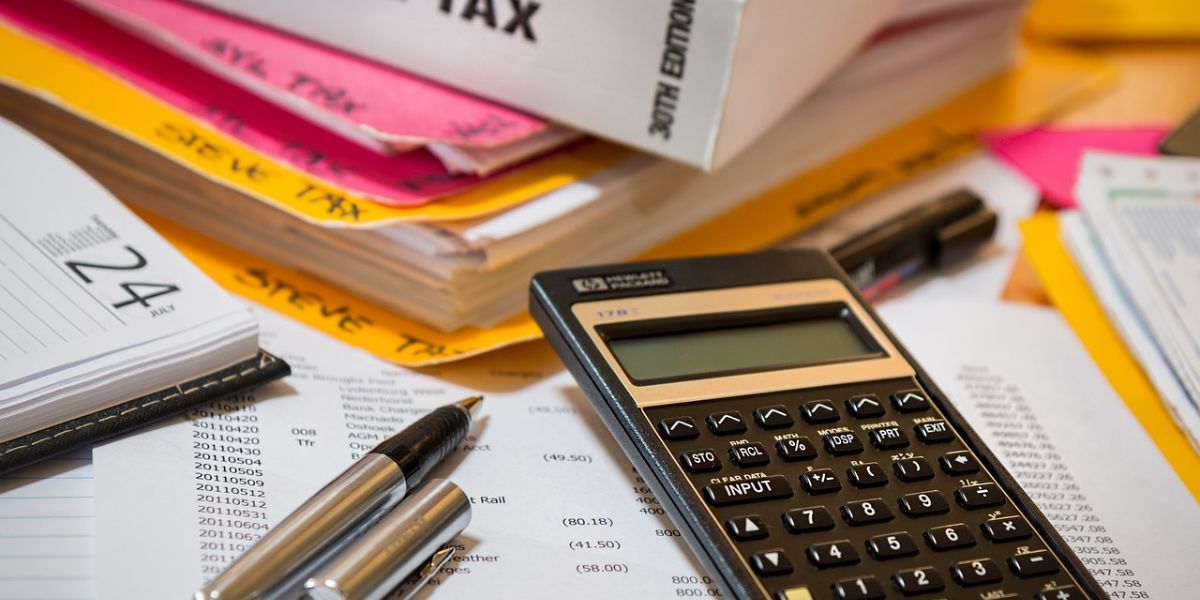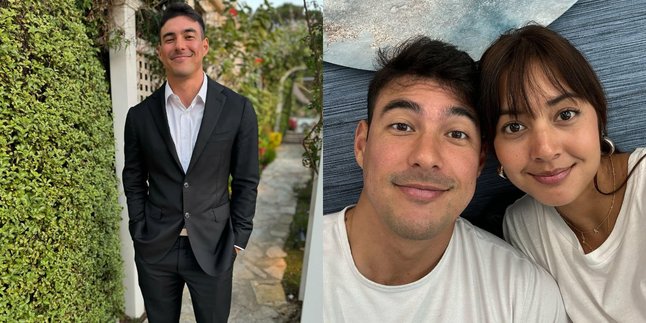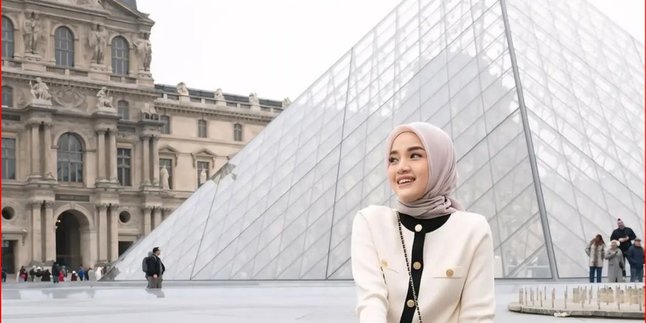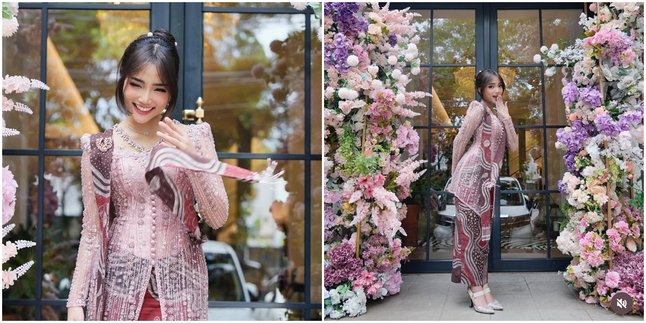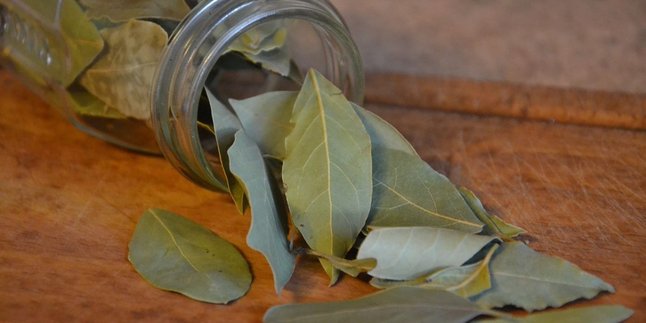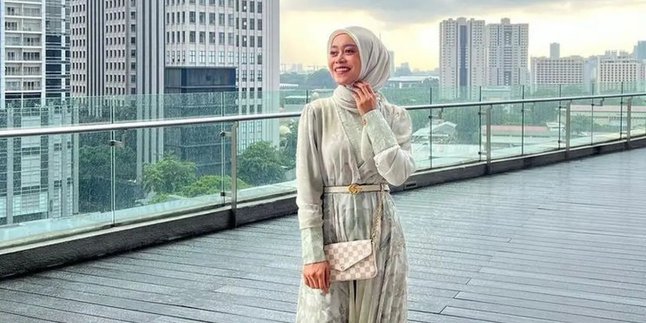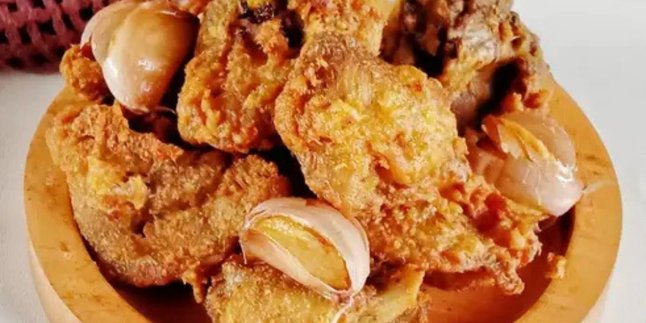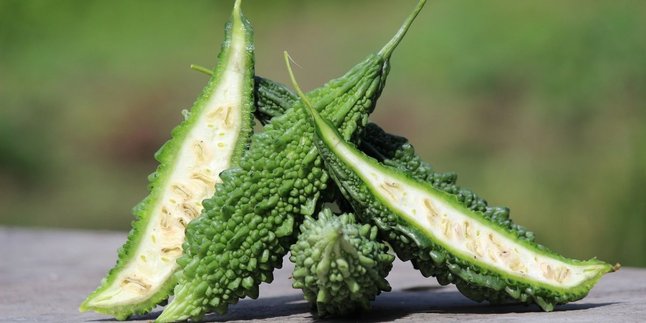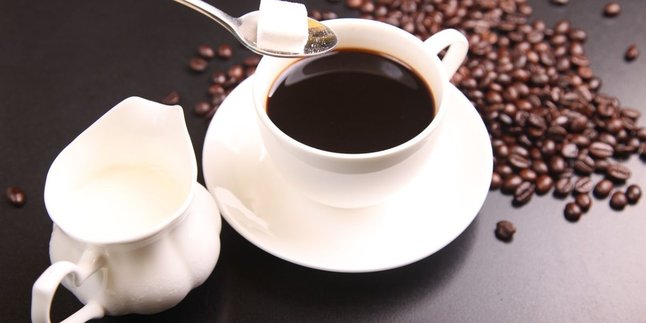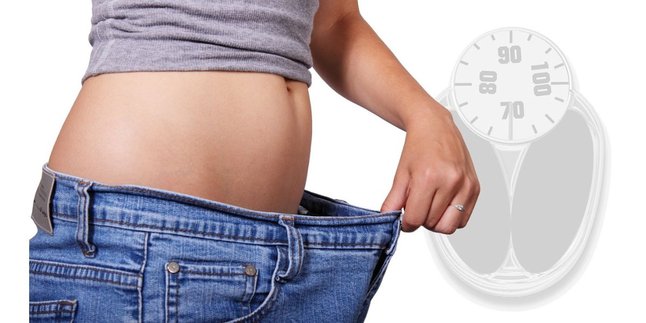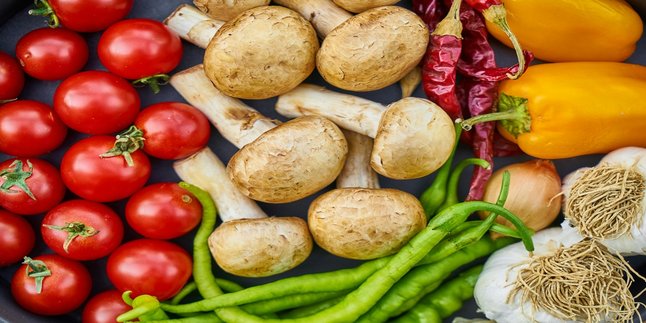Kapanlagi.com - Starting January 1, 2025, Indonesia will enter a new era in taxation! The government has officially announced the implementation of a 12% Value Added Tax (VAT) for goods and services classified as luxury. This policy is also in line with the Luxury Goods Sales Tax (PPnBM), and is taken as a strategic step to maintain the consistency of the single tariff principle as regulated in the Tax Regulation Harmonization Law (UU HPP).
However, this decision has not been without various questions from the public, especially regarding how this tax calculation scheme will function and its impact on the prices of luxury goods. On this occasion, President Prabowo Subianto and Finance Minister Sri Mulyani Indrawati emphasized that this new policy adheres to the single tariff principle as stipulated in the UU HPP.
In this article, we will thoroughly discuss how this new scheme works, the steps that need to be taken to accurately calculate the tax, and the categories of goods that will be affected by this policy. Follow the explanation below so you are more prepared to face the upcoming changes.
1. What is 12% VAT for Luxury Goods?
Starting in 2025, Indonesia will implement a new policy in the form of a 12% Luxury Goods Sales Tax (PPnBM) that will be fully imposed on luxury items.
This policy, aimed at maintaining the principle of a single rate in accordance with the HPP Law, covers various predetermined categories of goods, such as luxury residences, aircraft, and luxury yachts.
According to Prianto Budi Saptono, Executive Director of the Pratama-Kreston Tax Research Institute, although the rate is single, the tax calculation for non-luxury goods is still performed using the alternative value method of 11/12 of the transaction value.
This category of luxury goods is regulated in the Minister of Finance Regulation (PMK) Number 15 of 2023, marking a significant step in tax regulation in the country.
2. Basic Tax Imposition Scheme (DPP) Used
The implementation of this 12% rate uses the DPP scheme regulated in PMK Number 131 of 2024. This scheme divides the tax calculation into two main categories:
- Luxury Goods: VAT calculation uses the selling price or import value, directly multiplied by the 12% rate.
- Non-Luxury Goods: The tax base is an alternative value, which is 11/12 of the transaction value, then multiplied by the 12% rate.
For example, if the transaction value of luxury goods is Rp1,000,000, then the VAT is calculated as follows:
- Luxury goods: 12% x Rp1,000,000 = Rp120,000
- Non-luxury goods: 12% x (11/12 x Rp1,000,000) = Rp110,000
This scheme ensures that although the rates are the same, the total
3. Steps to Calculate VAT for Luxury Goods
To calculate 12% VAT on luxury goods, here are the steps:
- Identify the Type of Goods: Ensure that the goods fall into the category of luxury goods according to PMK Number 15 of 2023. For example, a residence with a selling price above Rp30 billion.
- Calculate 12% VAT: Multiply the price of the goods by the rate of 12%. For instance, for a luxury house priced at Rp30 billion, the VAT value is Rp3.6 billion.
- Add Luxury Goods Tax (PPnBM): If the goods are also subject to PPnBM, add that value to the final price. For a luxury house with a PPnBM of 20%, the additional tax is Rp6 billion.
With these steps, the total price of the house becomes Rp39.6 billion, including all applicable taxes.
4. Transition Period and New Regulations
This policy also regulates a special transition period for retail entrepreneurs. According to PMK Number 131 of 2024, the transition period will take effect in January 2025. During this period:
- Luxury Goods: VAT is calculated using another value (11/12) x transaction value.
- Non-Luxury Goods: Will continue to follow the other value scheme (11/12).
Starting in February 2025, all transactions of luxury goods will be subject to the full rate of 12% based on the selling price or import value without adjustments. This transition period aims to provide time for businesses to adapt to the new regulations.
5. What Are the Categories of Luxury Goods Affected?
Luxury goods subject to a 12% VAT are detailed in PMK Number 15 of 2023, with four main categories:
- Luxury Residences: Houses or apartments priced above Rp30 billion.
- Aerial Vehicles: Such as helicopters and non-commercial aircraft.
- Firearms: Certain firearms not used for state purposes.
- Yachts: Including yachts and excursion boats.
Each category has a different additional PPnBM rate, ranging from 20% to 75%, depending on the type of goods.
6. What is the government's purpose in raising the VAT to 12% for luxury goods?
The main objective of this policy is to ensure the principle of a single tariff in the Harmonization of Tax Regulations Law (UU HPP) remains consistent, while maximizing tax revenue from the consumption of luxury goods.
7. How to calculate VAT for non-luxury goods?
For non-luxury goods, value-added tax (VAT) is imposed at an attractive rate of 12% on the value calculated in a unique way: 11/12 of the selling price or import value.
8. What is the impact on consumers of luxury goods?
The prices of luxury goods are now guaranteed to soar due to the implementation of an additional Value Added Tax (VAT) of 12% and the Luxury Goods Sales Tax (PPnBM).
9. Can luxury goods still be sold without tax?
All luxury goods that fall under the category of PMK Number 15 of 2023 must now be prepared to be subject to a significant tax, namely a VAT of 12% plus the PPnBM.
(kpl/rmt)
Disclaimer: This translation from Bahasa Indonesia to English has been generated by Artificial Intelligence.
